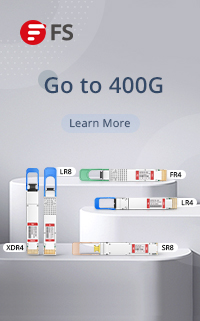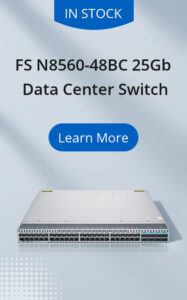There exist several small pluggable optical modules and network what to pick from available on the market. Optical transceiver modules both emit and receive optic signals together.
All optical transceiver modules must be made and created along the lines of the Multi-Source Agreement. Industry professionals make sure that modules are made under this strict agreement. You will notice when researching optical transceiver modules that they tend to be sectioned into groups by transmission speed rates. Each pluggable module supports ranges from 1 Gbps to 10 Gbps. You will be able to determine which works great for you according to rates that modules support.
You will locate a variety of optical modules that act at different speeds and ranges. There are XENPAK module, XFP module, X2 module, GBIC module, SFP module, SFP+ module, and BiDi XFP pluggables. Listed below is detailed data on just a couple.
For example, the 10G BiDi XFP series transceivers are designed for bi-directional 10G serial optical data communications such as IEEE 802.3ae 10GBASE-BX by using 1330(1270) nm transmitter and 1270(1330) nm receiver. The transceiver includes two sections: the transmitter section utilizes a multiple quantum well 1330(1270) nm DFB laser and is a category 1 laser compliant based on International Safety Standard IEC 60825; the receiver section uses a built-in 1270(1330) nm detector preamplifier (IDP) mounted within an optical header along with a limit.
Modules like GBIC have special working functions for example attaching the Ethernet network and also the fiber optic network. GBIC means gigabit interface converter, and is an optic used with one plug in an Ethernet port and the other plug for connecting fiber patch cords. GBICs are hot pluggable, which offer you the capability to mix one type of interface with another without having to turn off. Optical power and wavelengths, working distance, and transmission velocity determine the particular groups that GBIC modules are put in.
New generation GBIC modules are thought to be the SFP transceivers. Short for small form-factor pluggable, SFP modules will also be hot pluggable optics. Hot pluggable transceivers tend to be simpler to keep up and change in comparison to basic interface modules. Items like Cisco SFP transceivers tend to be smaller and are only about half how big GBIC optics. These modules send rates that vary from 100 Mbps to about 4+ Gbps, while SFP+ modules can send rates of 10 Gbps. You will find that these modules transmit as much as 120+ kilometers right down to about 500 meters.
Optics such as XENPAK are known to be the largest of the transceiver modules. There’s a large range of XENPAK modules that function with different lines including copper line, multimode optical fiber line and single mode optical fiber line. Multimode fibers function at a distance of up to 300 meters while typical copper lines operate as much as about 15 meters. Most single mode modules span as much as 80km at maximum. Produced first underneath the Multi-Source Agreement were these 10Gbps pluggable optical transceivers.
Whatever type of transceiver optics you are in looking for the market, you should know that you’re consistently getting items that are made under the highest standards possible. Depending on your fiber optic networking experience, you might be in the market for other technical things like fiber patch cords and fiber media converters which are also easily purchased. With today’s technology, you are able to count on optical modules and all other fiber optic products to continue to determine advancements, becoming faster and better.






